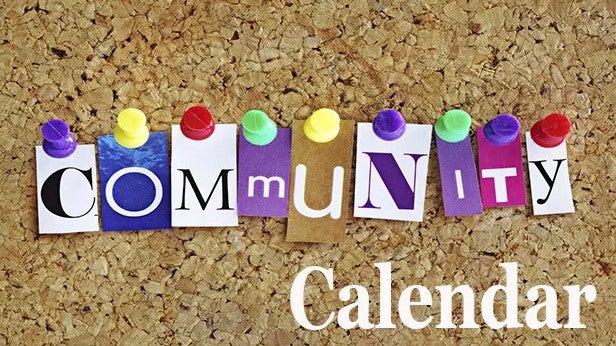Harrison helps BP with Gulf clean-up
Published 8:51 pm Tuesday, June 29, 2010
Tim Harrison, the co-owner of Cajun Boy Seafood in Demopolis, has not been able to spend any time fishing for seafood in the Gulf of Mexico due to the oil spill now blanketing much of the gulf. He is now helping with British Petroleum’s cleanup effort.
“The boat is being used with BP right now,” Harrison said. “We’re monitoring the booming (laying out barriers to prevent the oil from coming inland). They’re doing some air quality testing. Basically, they’re just trying to give the fishermen some work, so that’s been good.
“We take off in the morning, and our assignment is circling the barrier islands. We’ll do a complete circle around one of them, head off-shore and look for oil slicks or loose boom or debris from the rig – anything that we see. Instead of fishing for shrimp, we’re looking for oil.”
Harrison said the pay was fair, considering the situation.
“It’s really kind of sad,” he said. “You listen to the news and you hear people talking, and you think BP is the devil. Everything that I’ve seen them do and try to do – they are right on spot. For the most part, I think that the true fishermen are given as much work as they possibly can, and doing it in a safe way.
“Everything I’ve seen first-hand – and I live three blocks from the beach – is contrary from what you see on the news. There’s some oil, that’s for sure, and it’s hurting the seafood industry and everything else, but there is another side. There was an accident, and I think BP is doing a fair job trying to compensate the people who are really affected. The ones who want to work and who are legitimate, they are able to work, and BP is seeking them out.”
Harrison was optimistic about the future of the Gulf fishing industry and how soon fishermen would be able to return to their chosen profession.
“If that oil doesn’t come in and actually hurt the bottom – which I doubt it will – next year will be a bumper crop of crabs, fish, shrimp, everything,” he said. “Right now, there’s million and millions of pounds of shrimp that is not being caught. The price of crabs is really high right now at the dock. When you catch them yourself, they’re usually about 50 cents a pound. They’re $3.50 a pound right now at the dock; that’s what the dealers are paying for them.
“If this is straightened up and cleaned up this summer, by the fall, I think next year, there’s going to be an incredible crop. This is going to be a wonderful opportunity for people – and I’m sure they’re doing studies on all of this, of what the catch is going to be next year – I think it’s going to be wild. There are a lot of people here talking about shrimping one year and crabbing the next, letting the shrimp population rejuvenate itself.”
Harrison said the fishermen working with BP were grateful to be able to at least do something while they are banned from fishing during the cleanup.
“Not only are we protecting our own fishing waters, but we are able to at least make some kind of a living in between,” he said.





